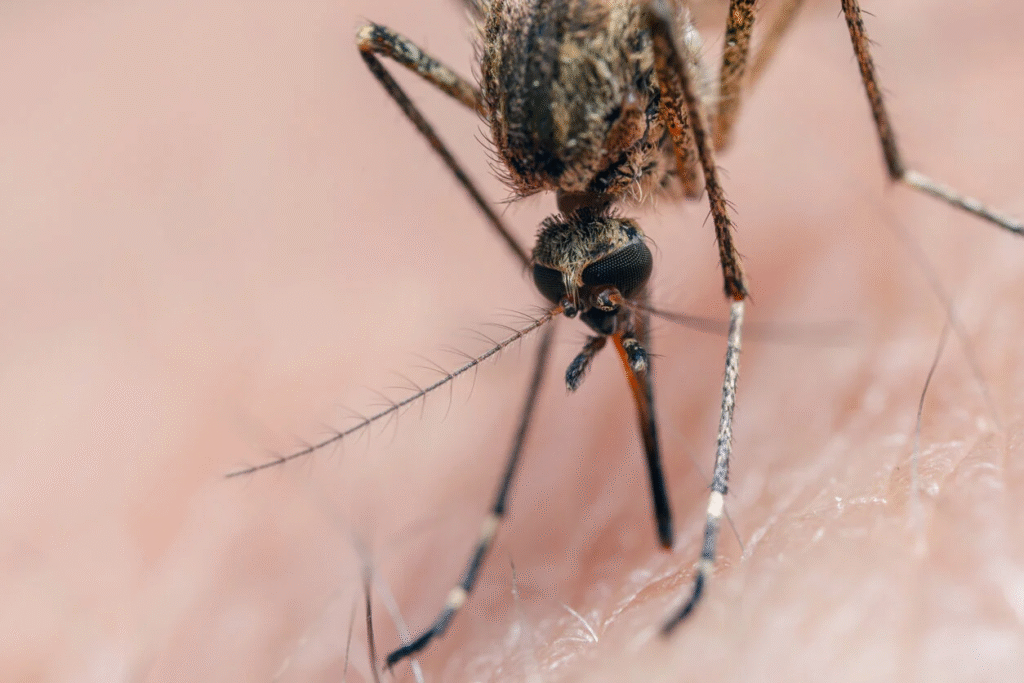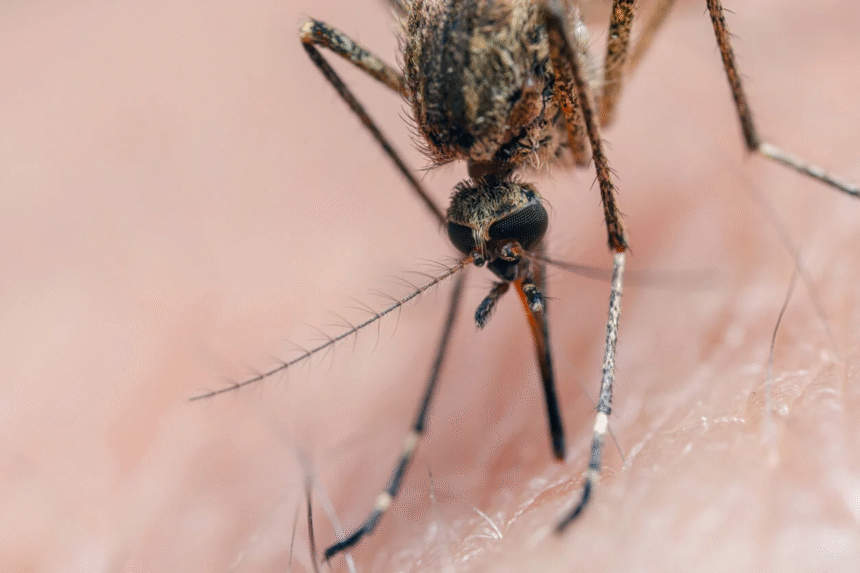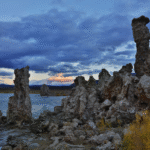Colorado Reports 1st West Nile Virus Death of 2025 — Boulder County Resident Dies Amid Rising Mosquito-Borne Threat
Colorado confirms its first West Nile virus death of 2025—a Boulder County resident. Health officials warn of rising mosquito-borne infection risks

In a concerning development for public health authorities, Colorado has reported its first West Nile virus-related death of 2025, with a Boulder County resident succumbing to complications from the mosquito-borne illness. The fatality marks an early warning in the summer season as warmer temperatures and standing water create ideal conditions for the Culex mosquito, the primary vector for the virus.
Officials from the Colorado Department of Public Health and Environment (CDPHE) confirmed the case late Thursday evening, sparking renewed urgency for preventive measures across the state. With this being the first recorded West Nile fatality of the year, health authorities are urging the public to remain vigilant and informed, especially as mosquito activity surges across multiple counties.
According to the CDPHE’s official statement, the deceased individual was an older adult with preexisting medical conditions, a demographic that is particularly vulnerable to severe complications from the virus. While the identity of the victim has not been disclosed due to privacy concerns, the agency confirmed that the infection had progressed to neuroinvasive disease, the most dangerous form of West Nile virus, which can lead to encephalitis (inflammation of the brain), meningitis, or even paralysis.
Dr. Jennifer House, deputy state epidemiologist at CDPHE, stated:
“We are deeply saddened to report the first death from West Nile virus in Colorado this year. This serves as a tragic reminder of how dangerous this virus can be, especially for older adults and those with weakened immune systems.”
West Nile virus (WNV) is a mosquito-borne illness first detected in the United States in 1999. Since then, it has become endemic across most of the continental U.S., with Colorado ranking among the top ten states with the highest annual case counts. The virus is primarily transmitted through the bite of infected Culex mosquitoes, which become carriers after feeding on infected birds.

While most people infected with the virus experience mild or no symptoms, approximately 1 in 150 develop severe neurological illness, which can be fatal or cause long-term complications. Common symptoms include:
Fever
Headache
Body aches
Nausea
Skin rash
Swollen lymph glands
For those with neuroinvasive disease, symptoms can escalate to include:
Stiff neck
Disorientation
Coma
Tremors
Convulsions
Muscle weakness
Paralysis
As of late July 2025, Colorado has recorded 17 human West Nile virus cases, spanning counties such as Weld, Larimer, Adams, Arapahoe, and Boulder. With rising temperatures and increased precipitation this season, experts warn that mosquito populations could peak earlier than usual, accelerating transmission rates.
Historically, August and September have been peak months for West Nile virus activity in Colorado. In 2023 and 2024, the state experienced notable spikes, with over 200 confirmed cases and a dozen fatalities reported each year. In 2022, the state recorded 19 deaths, the highest in nearly a decade.
With the first fatality of the year emerging from Boulder County, local public health departments have increased surveillance and larvicide treatments across parks, standing water sources, and residential neighborhoods. The Boulder County Public Health Department is also distributing educational materials, repellent samples, and issuing community alerts via social media and neighborhood channels.
Spokesperson Emily Burgess stated:
“We urge residents to take proactive steps to protect themselves and their families. Simple precautions like wearing long sleeves, using EPA-approved repellents, and eliminating standing water can make a big difference.”
The West Nile virus is just one of several mosquito-borne diseases that are increasingly spreading in temperate zones due to climate change, urban expansion, and global travel. Recent studies suggest that warming temperatures have expanded the habitat range of the Culex mosquito, bringing the threat of West Nile to new regions, including areas at higher altitudes.
Global health experts are also tracking Dengue, Zika, and Chikungunya, all of which have made appearances in the southern U.S. in recent years. The rise in such diseases has prompted the Centers for Disease Control and Prevention (CDC) to launch early-warning systems, collaborate with local health departments, and support vaccine research.
News of the first 2025 West Nile virus death has prompted strong reactions from the Boulder community. Many residents have expressed concern over stagnant water around construction sites, neglected pools, and drainage systems, urging municipal authorities to act quickly.
Local resident Tara Weinstein said:
“We’ve seen a huge rise in mosquito activity over the last few weeks. I’m worried about my kids playing outside in the evenings. We need more awareness and neighborhood spraying.”
Boulder schools have also sent out notices to parents advising them to pack repellents and ensure children wear protective clothing during outdoor school activities.
The CDPHE is expected to release a comprehensive mosquito-borne illness update in early August, outlining projected case trends, mosquito testing data, and new regional alerts. With the state heading deeper into the mosquito season, additional deaths or hospitalizations cannot be ruled out.
Dr. House emphasized:
“Now is the time to act. Awareness and prevention are our most powerful tools against West Nile virus. One death is one too many, and we all have a role to play in reducing the risk.”








